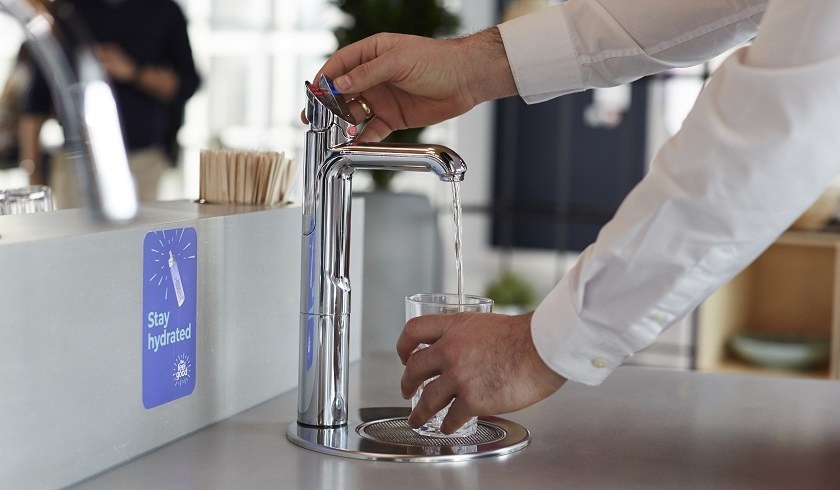21/03/2019
This is what our cities could look like following the new-worldly ideology of ‘circular cities’, also known as a circular economy, which plans for a sustainable future today. The lifestyle ideology provides the opportunity for people to initiate change and explores new ways of ensuring the long-term prosperity of the planet.
Looking at the world today, 50 percent of us live in cities. By 2050, this number is expected to rise to 70 percent. The Ellen MacArthur Foundation reports that cities today, as a collective, are consuming over 75 percent of the planet’s natural resources, producing over 50 percent of all global waste and emitting between 60 to 80 percent of all greenhouse gases.
We follow what is called a ‘take-make-dispose’ model, choosing to use cheap and harmful materials such as plastics to package many of our products, and throwing away non-biodegradable items we’ve decided that we don’t need any more. It’s no secret that the world is running out of resources required to sustain the ever-growing population, and yet we are all still partaking in overconsumption.
Statistically, if we carry on consuming the way we do now, we will turn up the planetary thermostat by 2°C. The only way we can prevent global warming is to decrease global carbon emissions at a significant rate, with the aim of hitting zero emissions by 2050. Therefore, exploring a circular economy is paramount.
A circular economy focuses on three main principles: cutting out waste, reusing products and materials and regenerating natural systems. By adopting this lifestyle, we could bring about mass innovation and change. According to the European Parliament, transitioning to a circular model could save EU companies €600 billion whilst also reducing total annual greenhouse gas emissions by 2-4 percent. It could also help us reach the EU recycling target of 65 percent of municipal waste by 2035.
Companies that play a major role in the current market could, by transitioning to a circular economy, be the innovation and change needed to get smaller companies on board, creating a more sustainable world.
There are already plenty of locations adopting the values of a circular economy, such as in Chennai in India, where they are making roads from plastic waste and the Netherlands, where they have created a government-wide programme for developing a 100 percent circular economy by 2050.
We all need to yield a world today that caters for tomorrow. At Zip Water, we strive for a future without waste. Through our flagship product – the HydroTap – and our recently launched HydroChill range, we aim to eliminate the need for planet damaging plastic water bottles by providing mains-fed pure-tasting water, free of chemicals and contaminants - perfect for refilling reusable BPA free bottles! Plus, our cutting-edge technology reduces energy consumption and ensures not a drop of a water is wasted.
It may seem far-fetched to some, but circular cities could well be the near future for many.
Talk to us about your next project, request a brochure or arrange a full product demo with one of our team.
